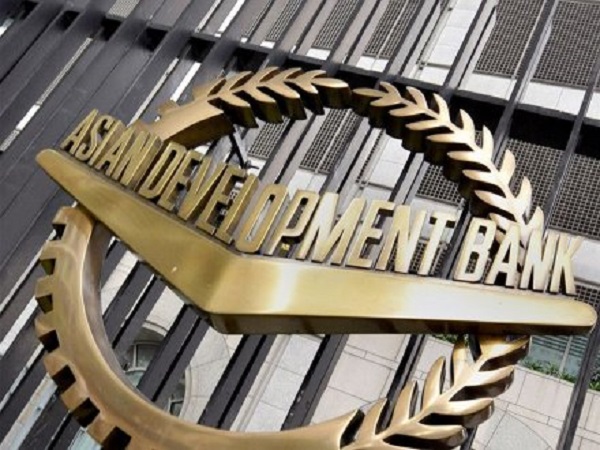
AFP FILE PHOTO
MANILA, Philippines – Amid slower global demand and the potential negative impact of the prolonged dry spell due to El Niño on the economy, the Asian Development Bank (ADB) has cut its 2019 growth forecast for the Philippines to 6.4 percent.
But ADB country director for the Philippines Kelly Bird pointed out during a press conference Wednesday that even as the Manila-based multilateral lender’s updated gross domestic product (GDP) growth projection for this year was lower than the previous forecast of 6.7 percent, it was higher than the actual economic expansion of 6.2 percent last year.
Across Asean, only the Philippines and Brunei were the two countries that were expected to post faster growth this year compared to 2018, the ADB’s Asian Development Outlook 2019 report showed.
Bird said it helped that the Philippines was not export-intensive, unlike its Asean neighbors, making the country less vulnerable to a sharp slowdown in exports.
Also, the government’s ambitious “Build, Build, Build” infrastructure program was another shield from external shocks, Bird added.
Under “Build, Build, Build,” the government would roll out 75 “game-changing” projects, with around half expected to be completed during President Duterte’s term, to usher in “the golden age of infrastructure” by 2022.
The massive infrastructure spending in the medium term was expected to keep Philippine growth well above its neighboring countries, he said.
Bird said that slowing export demand from advanced economies on top of agricultural losses resulting from the El Niño phenomenon will temper the country’s growth prospects this year.
In the case of the impasse in Congress on the P3.757-trillion 2019 national budget, Bird said the ADB expects the budget delay impact to be “minimal” if the government fast-tracks spending for the rest of the year.
Last month, the Cabinet-level Development Budget Coordination Committee (DBCC) slashed its GDP growth target for 2019 to 6-7 percent from 7-8 percent previously as the government operated on a reenacted budget in the first quarter, limiting spending on public goods and services.
According to Bird, robust domestic investment and consumption, to be boosted by slower consumer price increases, will offset external downside risks.
The ADB sees inflation easing to 3.8 percent this year and returning within the government’s 3-4 percent target range for 2019 “as global oil prices moderate, food supply improves with a recent law replacing quantitative restrictions on rice imports with tariffs, and last year’s monetary tightening continues to be effective,” it said in a statement.
Headline inflation averaged a 10-year high of 5.2 percent last year due to higher excise taxes slapped on consumption, food supply bottlenecks, and skyrocketing global oil prices.
Bird said the easing rate of increase in prices of basic goods will boost domestic demand.
“The Philippine economy is on a healthy growth trajectory, with public and private investment sustaining strong growth for the economy this year and next. The risks to the growth outlook are tilted on the downside, with rising local investments likely offsetting any impact from a faster-than-expected slowdown in the global economy,” he said.
“The rollout of priority public investments in infrastructure, such as bridges, expressways, ports, and railways nationwide will ensure that prospects for private investment remain bright, given better access to markets and job opportunities. Momentum in private construction is expected to be sustained by continued strong demand for office and retail space and housing,” the ADB said.
“In addition, the services and manufacturing sectors will also be the main growth drivers in the near term. Strong retail trade and expansion in business process outsourcing will continue to spur growth in services,” it added.

